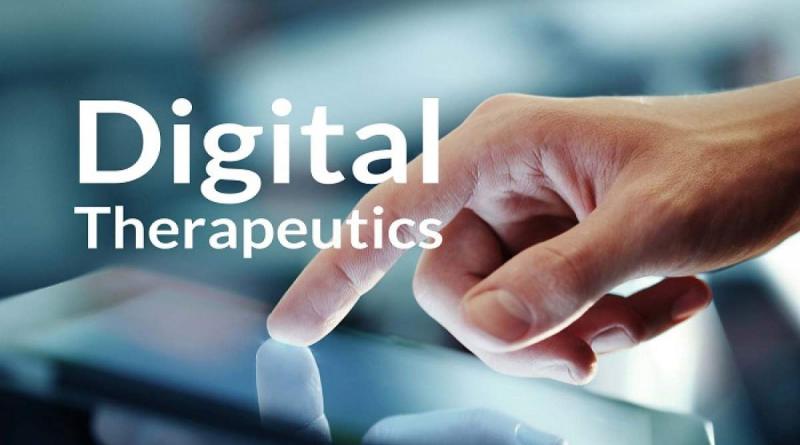Introduction:
In recent years, digital therapeutics have emerged as a groundbreaking approach to healthcare, harnessing the power of technology to deliver evidence-based interventions for various medical conditions. These innovative solutions, often in the form of mobile apps or software, aim to complement or replace traditional medical treatments. The United States has been at the forefront of embracing digital therapeutics, with a growing ecosystem of companies and regulatory support. In this blog, we will explore the landscape of U.S. digital therapeutics, their applications, benefits, and their potential to revolutionize healthcare.
What are Digital Therapeutics?
Digital therapeutics (DTx) are evidence-based digital interventions designed to prevent, manage, or treat medical conditions. These solutions utilize software programs, mobile applications, wearables, or online platforms to deliver therapeutic interventions directly to patients or in conjunction with healthcare professionals. Digital therapeutics are distinct from general health and wellness apps, as they undergo rigorous clinical testing to validate their effectiveness and safety.
Applications of U.S. Digital Therapeutics:
-
Chronic Disease Management: Digital therapeutics offer support and monitoring tools for patients with chronic conditions like diabetes, hypertension, and asthma. They help patients manage their conditions effectively, track health metrics, and provide real-time feedback.
-
Mental Health and Well-being: DTx applications for mental health address issues such as depression, anxiety, and stress. These interventions often include cognitive behavioral therapy (CBT) exercises, mindfulness techniques, and mood tracking.
-
Substance Use Disorders: Digital therapeutics assist individuals dealing with substance use disorders by providing personalized support, coping strategies, and access to counseling resources.
-
Sleep Disorders: DTx solutions for sleep disorders employ techniques like cognitive restructuring, relaxation exercises, and sleep hygiene education to improve sleep quality.
Benefits of U.S. Digital Therapeutics:
-
Accessibility and Convenience: Digital therapeutics offer on-demand access to evidence-based interventions, making healthcare more accessible and convenient for patients, regardless of their location.
-
Personalization: DTx solutions are often tailored to the individual's needs, allowing for personalized treatment plans and interventions.
-
Patient Empowerment: Digital therapeutics empower patients by providing them with tools to actively manage their health conditions and make informed decisions about their well-being.
-
Real-Time Data: These solutions collect and analyze real-time patient data, enabling healthcare providers to monitor patient progress and make data-driven treatment decisions.
Regulatory Landscape and Support:
The U.S. Food and Drug Administration (FDA) plays a crucial role in overseeing digital therapeutics. The FDA has established guidelines for the regulation of software-based medical devices, outlining the criteria for clinical evidence and safety standards that digital therapeutics must meet. Obtaining FDA clearance or approval provides credibility to digital therapeutics and paves the way for reimbursement by health insurers.
Challenges and Future Prospects:
While U.S. digital therapeutics have demonstrated immense potential, several challenges remain:
-
Evidence Generation: Generating robust clinical evidence to support the efficacy of digital therapeutics requires substantial investments in research and clinical trials.
-
Integration into Healthcare Systems: Integrating digital therapeutics into existing healthcare systems and ensuring seamless communication between digital solutions and healthcare providers is essential for successful adoption.
-
Data Privacy and Security: Protecting patient data and ensuring strict privacy measures are adhered to is critical to maintain patient trust in these technologies.
Conclusion:
U.S. digital therapeutics represent a revolutionary shift in healthcare, offering evidence-based and accessible interventions that empower patients to actively manage their health conditions. With regulatory support from the FDA and growing acceptance from healthcare providers, digital therapeutics are poised to become an integral part of the healthcare ecosystem. As technology continues to advance and clinical evidence strengthens, digital therapeutics hold tremendous promise in transforming healthcare delivery, improving patient outcomes, and shaping the future of medicine in the United States.
